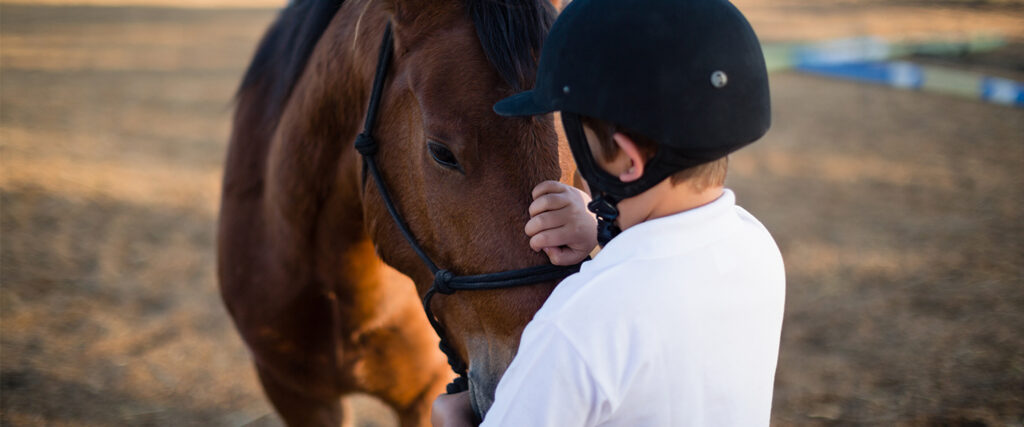July 22, 2024
Symptoms of an Unhappy Hindgut in Your Horse

Obvious Signs
- Diarrhoea or Loose Stools: One of the most apparent indicators of hindgut issues. Frequent loose stools can suggest imbalance or inflammation in the hindgut.
- Weight Loss: Despite a consistent diet, horses with hindgut problems may lose weight due to poor nutrient absorption.
- Colic Episodes: Frequent or recurrent colic episodes, particularly of the gas type, often point to hindgut disturbances.
- Poor Coat Condition: A dull, lifeless coat may indicate digestive inefficiencies and malabsorption of essential nutrients.
- Behavioural Changes: Increased irritability, aggression, or discomfort, especially during feeding or grooming, can be a sign of gastrointestinal distress.
- Reduced Performance: Horses may show decreased stamina, unwillingness to work, or general lethargy, indicating underlying digestive discomfort.
Less Obvious Issues
- Subtle Changes in Manure: Fecal balls that are dry, excessively wet, or inconsistently formed can suggest subclinical gut issues.
- Mild Chronic Laminitis: Insufficient digestion and absorption can lead to metabolic disturbances, manifesting as recurring mild laminitis.
- Loss of Appetite: A horse may show a reduced interest in food, eat more slowly, or become picky with feed, hinting at gut discomfort.
- Bad Breath: Persistent bad breath (halitosis) can be a sign of poor digestion and hindgut fermentation issues.
- Muscle Loss: Despite adequate protein intake, muscle wasting can occur due to poor nutrient absorption and hindgut inflammation.
- Recurrent Mild Infections: A compromised hindgut can weaken the immune system, leading to frequent infections or slow recovery from illnesses.
- Excessive Gas: Frequent passing of gas or visible bloating can indicate fermentation imbalances in the hindgut.
- Poor Hoof Quality: Nutrient deficiencies due to poor absorption can lead to brittle, cracked, or weak hooves over time.
- Cribbing and Windsucking: These stereotypical behaviours may be associated with gut discomfort and stress.
Understanding these symptoms can help you identify and address potential hindgut issues early, ensuring your horse maintains optimal health and performance. If you observe any of these signs, consulting with an equine nutritionist or veterinarian specializing in the equine gut microbiome is advisable for a comprehensive evaluation and appropriate treatment plan.

